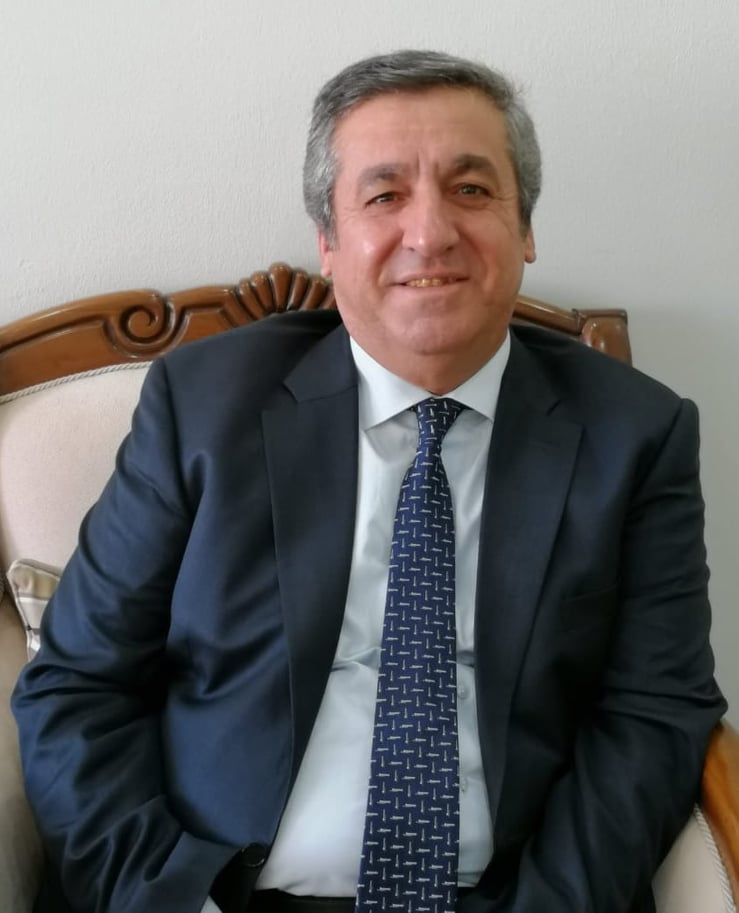
Crossroads: Love or Selfishness
The essence of a human being is love. The greatest success of our life journey is revealed through discovering this love within our soul. The soul is the source of all beauty, sincerity, and true self; it nourishes our life energy and shapes the values that make us who we are.
The secret of life lies in recognizing the love within us and progressing under its guidance.
Recognizing imperfections allows the soul to grow. As a result of this growth, love, compassion, mercy, justice, morality, virtue, and service -all the values that uphold life -strengthen and spread. These values, which carry meanings of facilitation and unity, encourage people to be beneficial both to themselves and their surroundings.
For in the divine system, love is a natural part of the soul and is not bound by the principle of opposition. It means giving with joy. Therefore, love is not merely an emotion; it is also a positive form of action. The more it is shared, the more it grows; if withheld, it gradually fades. Shared love enriches the spirit of both the individual and society.
Selfishness, on the other hand, disrupts this cycle. Any attitude that sees trampling on others' rights as its own entitlement, solely for personal gain, stifles love. Hence, mind devoid of virtue and irresponsible selfishness hinder the spread of love. The way to overcome this obstacle is to adopt the mindset of “What can I give?” rather than “What can I take?”
A person who acts with this virtue does not think only of their own benefit; they also contribute to others with a spirit of service. This approach enhances both individual and societal peace and happiness, making life meaningful. The path to this lies in self-discovery and self-awareness.
For a person who does not know themselves and is enslaved by their ego is often inclined to take and sees this as a natural right. Conversely, a person who can control their ego and know themselves finds superiority not in seeing themselves as superior, but in humility. Such a person, having discovered the meaning of self-love, self-worth, and self-compassion within, is at least inclined to give as much as they take. For this person, giving or generosity equates to service. Is not the foundation of human development at a universal level based on the values of service, sharing, cooperation, and solidarity?
The Meaning of Mercy
Linguistically, the concept of “mercy” derives from the Syriac word ܪܚܶܡ (rhem). The singular form of this word, ܪܰܚܡܳܐ (rahmo), means womb, while its plural form, ܪ̈ܚܡܶܐ (rahme), signifies forgiving with love, showing compassion, and becoming a friend. In the Syriac context, mercy is not merely a feeling of pity; it also encompasses forgiveness, empathy, and acts of love.
Compassion, on the other hand, means “striving for the well-being and benefit of others.” Therefore, love that does not contain self-compassion cannot contribute to growth and development. Compassion is the guide of love; mercy is its compass on the journey.
However, overcoming the problems created by lovelessness and selfishness, which poison life, is only possible through managing the ego well. Love, which grows as it is shared, is the best guide on the journey of maturity. A person who can hold love and compassion together can build a more meaningful life both for themselves and their surroundings.
It should not be forgotten that the echo of hidden compassion is profound. In the end, what truly enriches us is the deep impact of the compassion we silently extend to another. This is the real lasting benefit. That is why, the more love we give to life, the more love we will encounter. The more merciful we are, the more mercy we will receive!
Yusuf Beğtaş
You can also send us an email to karyohliso@gmail.com
Leave a Comment